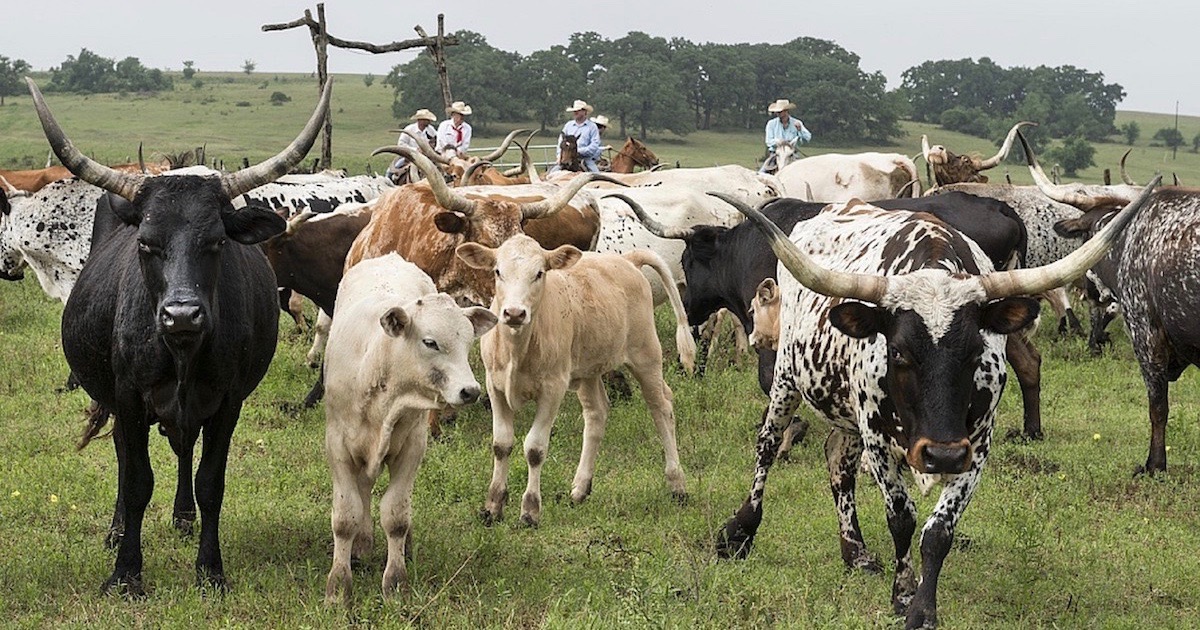 Culture & Ethics
Culture & Ethics
Why the Animal/Nature Rights vs. Human Duties Distinction Matters

In response to my warning that the “nature rights” movement is advancing with the granting of “rights” by a court to the Amazon River, National Review’s Jonah Goldberg writes that he disagrees with the “animal rights” approach, believing that proper protections can be effectuated by passing laws reflective of our human duties — which is also my position and an essential aspect of human exceptionalism.
But in the end, he wonders what difference it would really make. If granting human-style rights to animals and nature got us where he thinks we need to be, then “one cheer (and maybe two) for non-human personhood.”
It makes a huge, and I would say, incalculable difference. As moral creatures, human beings need principles by which to gauge our conduct. Only then can we truly judge what is right, what is wrong — and why. Indeed, without such grounded principles, policy could become totally erratic, based on expediency, self-indulgence, or the emotions of the moment (already acute problems in society).
Philosophy, doctrine, ideology, principles — whatever we call it — do matter in determining moral propriety in human affairs. As an illustration, let us consider the problem faced by Abraham Lincoln during the Civil War. Were we one nation facing a rebellion — as he posited in his call to save the Union? Or instead, were there two nations, with one — the United States of America — engaged in a war of aggression against the other — the Confederate States of America — to deny the South’s right to establish itself as an independent nation?
Lincoln understood that if he lost the intellectual struggle about what the fight was really about, the North would also lose the war. Thus, as recounted by historian Allen C. Guelzo, when General Robert E. Lee retreated south toward Virginia after his army’s 1863 loss at Gettysburg, the pursuing General George Gordon Meade issued an order that drove Lincoln up the wall precisely because it confirmed the South’s definition of the cause of the war:
But that [Lincoln’s post-Gettysburg] jubilation crested when Lincoln learned that Meade had issued a congratulatory order to the army, urging them to “greater efforts to drive from our soil every vestige of the presence of the invader.” Drive from our soil? Lincoln erupted … “Will our generals never get that idea out of their heads? The whole country is our soil.”
Similarly, it matters tremendously whether we approach these matters based on purported “rights” of animals/nature, or from assertions of human “duties” — primarily because the animal/nature rights meme demotes humankind from the exceptional species into merely another animal. Indeed, should we personalize flora and fauna (if you will), the consequences to humankind would be as profound as they would be deleterious. Our entire self-perception would be radically altered, our unique status corroded, which I submit, would result in lowering our levels of “humane” behavior, not raising it.
Not only that, but the very concept of “rights” would be undermined. After all, if everything has rights, in the end, nothing will. Such a change in the lexicon would act as wild inflation does to currency, making the potency of “rights” progressively less robust and vibrant.
Then, there is the purely practical matter. Who would really be the recipients of non-human rights? Not the animals or the rivers! The true rights holders would be radical advocates who would be granted legal standing to become the guardians to “speak for those who can’t for themselves.” Backed by hordes of ideologically motivated lawyers, these zealots would sue everything that moves to enforce the “rights” of their animal and nature “clients,” materially impeding commerce and making many animal industries and resource-development businesses financially untenable. I mean, how would a ranch obtain liability insurance if they knew their cattle could sue for writs of habeas corpus?
I also disagree with Jonah’s call for the death penalty against elephant poachers. This is a relativistic and emotional response to an awful crime based on the sheer magnificence of pachyderms — a value judgment, I would note, that only we are capable of making. Don’t get me wrong, I believe poaching should be combated vigorously, with lethal force if necessary in the moment. But the death penalty as a matter of legal punishment should be limited to crimes against human beings. Otherwise, we would be saying that as a matter of criminal law, elephant lives matter just as much as our own, that poaching equals first-degree murder.
I am sorry, they just don’t, and killing any animal with malice aforethought is not as heinous as the murder of a human being. If we ever decide it is, I think we are in deep trouble as a society.
Photo: A cattle ranch, by skeeze via Pixabay.
Cross-posted at The Corner.
